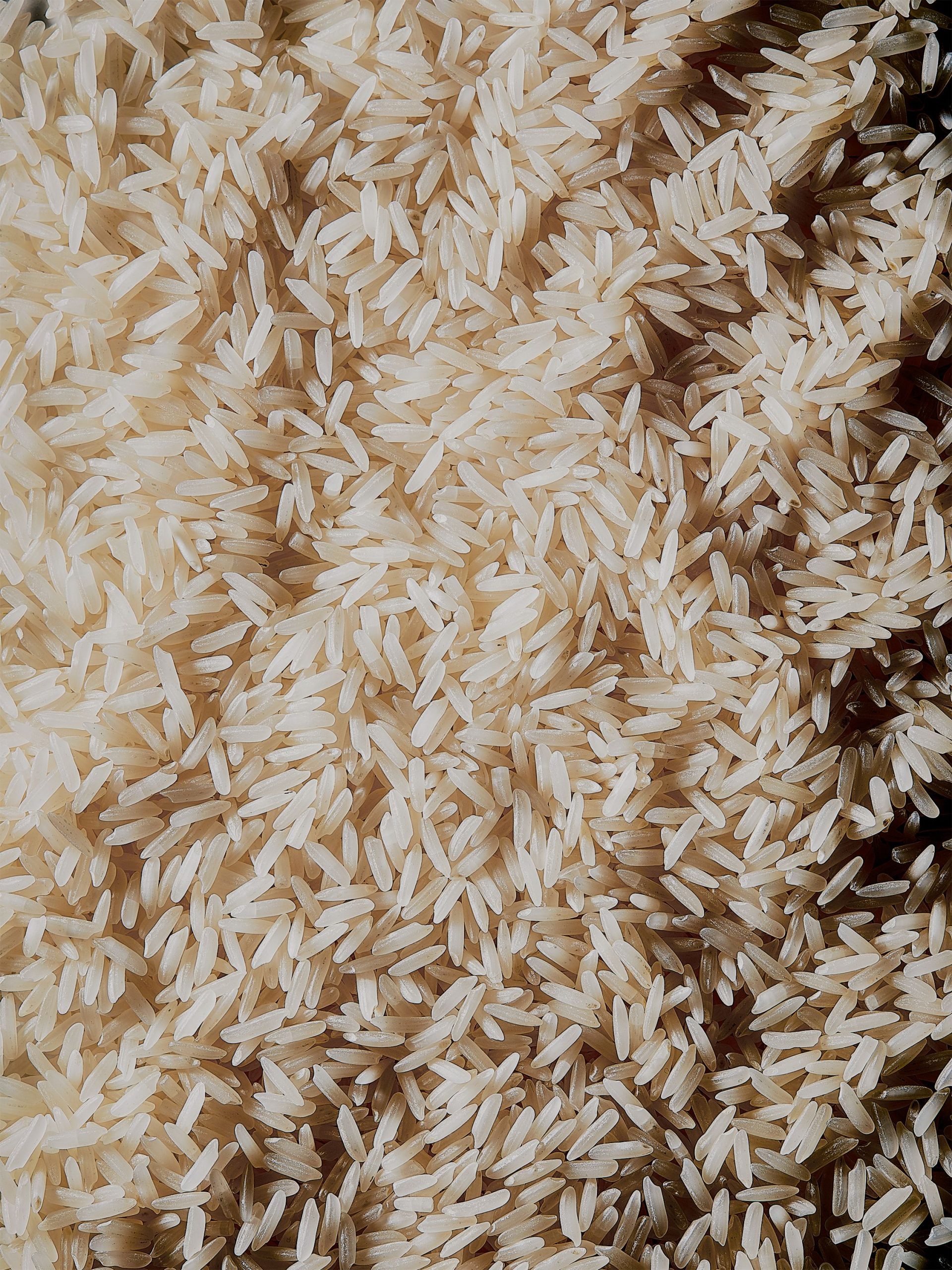Summary
Fiber is important for overall health. Stock your kitchen with foods like lentils, frozen raspberries, avocados, dates, chia seeds, cacao nibs, and quinoa.
Source: Health

AI News Q&A (Free Content)
Q1: What are the different types of dietary fiber and their roles in human health?
A1: Dietary fiber is categorized into soluble and insoluble types. Soluble fiber dissolves in water and is fermented in the colon, producing short-chain fatty acids beneficial for gut health. It can be found in oats, barley, and legumes. Insoluble fiber does not dissolve in water and aids in bowel movement regularity by adding bulk to the stool. Sources include whole grains and vegetables. Regular fiber intake is associated with a reduced risk of chronic diseases like cardiovascular disease and type 2 diabetes.
Q2: How does inulin function as a dietary fiber and what are its health benefits?
A2: Inulin is a type of soluble fiber found in plants like chicory root. It belongs to a class of fibers called fructans and is used by plants to store energy. Inulin acts as a prebiotic, promoting the growth of beneficial gut bacteria. It helps improve digestive health, supports immune function, and can aid in regulating blood sugar levels. The FDA recognizes inulin as a dietary fiber for its nutritional benefits.
Q3: What are the recent findings on the impact of dietary fiber consumption on health?
A3: A recent umbrella review involving over 17 million participants highlighted the health benefits of dietary fiber. It found that high fiber intake is linked to a lower risk of coronary heart disease, stroke, type 2 diabetes, and colorectal cancer. The review concluded that increasing dietary fiber consumption is a simple and effective way to improve overall health and longevity.
Q4: How does the consumption of high-fiber foods impact weight management?
A4: High-fiber foods can aid in weight management by promoting a feeling of fullness, reducing appetite, and lowering overall calorie intake. Soluble fiber, in particular, slows down digestion and prolongs the sensation of satiety. Foods like lentils, avocados, and chia seeds are excellent sources of fiber that can support healthy weight management.
Q5: What role does fiber play in managing cholesterol levels?
A5: Soluble fiber, such as beta-glucans found in oats and barley, has been shown to lower LDL cholesterol levels. It binds with cholesterol particles in the digestive system and helps remove them from the body, thus reducing overall blood cholesterol. Regular consumption of soluble fiber can contribute to improved heart health.
Q6: How can a diet rich in fiber benefit digestive health?
A6: Fiber promotes digestive health by enhancing bowel regularity and preventing constipation. Insoluble fiber adds bulk to the stool, while soluble fiber helps soften it, making it easier to pass. Additionally, fermentable fibers feed the gut microbiota, producing short-chain fatty acids that support colon health and reduce inflammation.
Q7: What are the potential risks of consuming too little fiber, and how can they be mitigated?
A7: Insufficient fiber intake can lead to digestive issues such as constipation and increase the risk of chronic diseases like heart disease and type 2 diabetes. To mitigate these risks, it's essential to incorporate a variety of fiber-rich foods into the diet, including fruits, vegetables, whole grains, and legumes.
References:
- }, { "Q2": "How does inulin function as a dietary fiber and what are its health benefits?", "A2": "Inulin is a type of soluble fiber found in plants like chicory root. It belongs to a class of fibers called fructans and is used by plants to store energy. Inulin acts as a prebiotic, promoting the growth of beneficial gut bacteria. It helps improve digestive health, supports immune function, and can aid in regulating blood sugar levels. The FDA recognizes inulin as a dietary fiber for its nutritional benefits." }, { "Q3": "What are the recent findings on the impact of dietary fiber consumption on health?", "A3": "A recent umbrella review involving over 17 million participants highlighted the health benefits of dietary fiber. It found that high fiber intake is linked to a lower risk of coronary heart disease, stroke, type 2 diabetes, and colorectal cancer. The review concluded that increasing dietary fiber consumption is a simple and effective way to improve overall health and longevity." }, { "Q4": "How does the consumption of high-fiber foods impact weight management?", "A4": "High-fiber foods can aid in weight management by promoting a feeling of fullness, reducing appetite, and lowering overall calorie intake. Soluble fiber, in particular, slows down digestion and prolongs the sensation of satiety. Foods like lentils, avocados, and chia seeds are excellent sources of fiber that can support healthy weight management." }, { "Q5": "What role does fiber play in managing cholesterol levels?", "A5": "Soluble fiber, such as beta-glucans found in oats and barley, has been shown to lower LDL cholesterol levels. It binds with cholesterol particles in the digestive system and helps remove them from the body, thus reducing overall blood cholesterol. Regular consumption of soluble fiber can contribute to improved heart health." }, { "Q6": "How can a diet rich in fiber benefit digestive health?", "A6": "Fiber promotes digestive health by enhancing bowel regularity and preventing constipation. Insoluble fiber adds bulk to the stool, while soluble fiber helps soften it, making it easier to pass. Additionally, fermentable fibers feed the gut microbiota, producing short-chain fatty acids that support colon health and reduce inflammation." }, { "Q7": "What are the potential risks of consuming too little fiber, and how can they be mitigated?", "A7": "Insufficient fiber intake can lead to digestive issues such as constipation and increase the risk of chronic diseases like heart disease and type 2 diabetes. To mitigate these risks, it's essential to incorporate a variety of fiber-rich foods into the diet, including fruits, vegetables, whole grains, and legumes." }
- Inulin - Wikipedia
- The impact of dietary fiber consumption on human health: An umbrella review of evidence from 17,155,277 individuals.
- Sustaining neuromuscular activation after total knee arthroplasty preserves skeletal muscle fiber size, contractility, and innervation in older adults.
- Space nutrition: the key role of nutrition in human space flight





